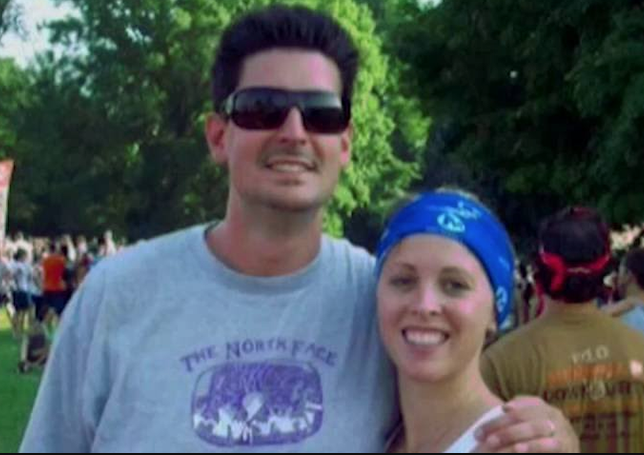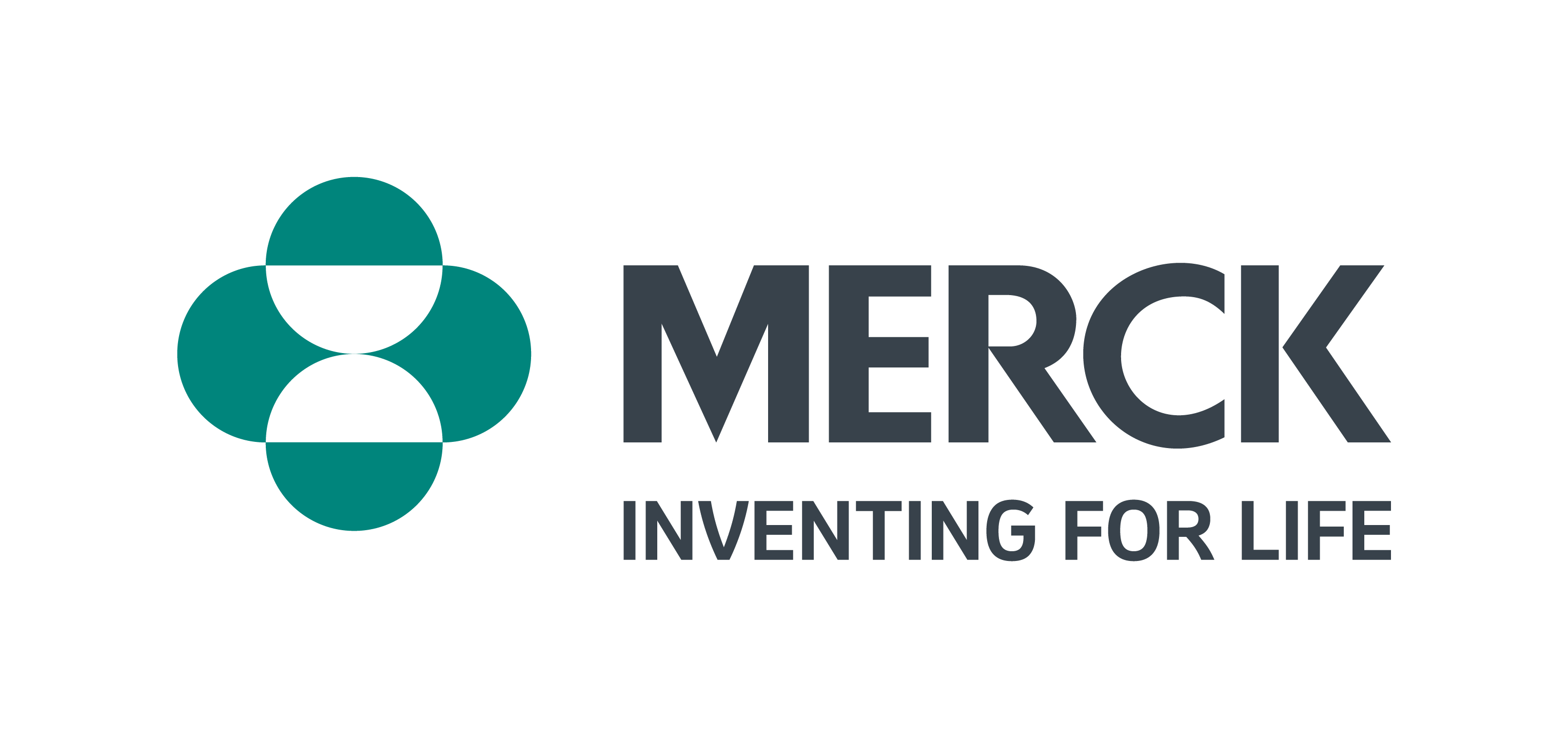Learn How Ryan Hansen is Turning Personal Tragedy into Meaningful Change

What’s your connection to maternal health and how did you get involved? Tara and I got married in 2008, and she became pregnant in 2010. Throughout the process, all the doctor’s appointments, everything had been going well. On March 25, 2011, she gave birth to our son, Brandon, and then six days later she passed away from an infection.
Following her passing, I realized that it wasn’t just us going through this. Maternal mortality is a growing issue in the United States. I started the Tara Hansen Foundation in 2012 to raise awareness for mothers and families, and to let more people know that care for mothers after childbirth is just as important as care for the newborn baby. The best thing we can do is to communicate as much as possible and share our story so we can raise awareness. We need to enlighten people that this is an issue but that we can make changes to prevent maternal mortality from happening. We need to educate people about how to take better care of the mother before, during and after childbirth.
Tell us about Maternal Health Awareness Day in New Jersey? In 2016, along with representatives from Robert Wood Johnson Medical School (RWJMS) and Rutgers New Jersey Medical School, the Tara Hansen Foundation met with New Jersey Senator Joseph Vitale. It gave us an opportunity to explain who we are, what we do, and what the mission is. Senator Vitale embraced it and in May 2017 Governor Chris Christie signed into law that Maternal Health Awareness Day would be January 23 in New Jersey every year, starting in 2018. It’s a day to honor in memory Tara and all women who have suffered from maternal mortality. It is something we’re incredibly proud of. It’s a great way to increase awareness for the cause and we’re hoping we can help educate people about the need to ensure we’re looking out for our new moms and taking care of them.
As a follow up to Maternal Health Awareness Day, we’re having an educational forum at RWJMS for students on January 31. We’re going to have a number of people speak to the students about why it’s important to be aware of maternal mortality. If we can educate the students – the future educators, doctors and nurses – from the very beginning, we’re hopeful we can change the culture of maternal health awareness and start to reshape how we look at maternal mortality and overall create a paradigm shift.
How do you manage the emotions of talking about such a personal tragedy? I feel a responsibility to talk about this, having suffered through this unthinkable tragedy. I feel it would naïve to not step up and say we can do better. I’ve lived through the heartbreak. Tara was a woman who did everything she should have and it still happened. I owe it to her, to my son and everyone else who can be affected by this to make sure we speak up and give everyone the best opportunity to have a successful childbirth. It can be emotionally draining but it is 100% worth it.
What positive developments have you seen in maternal care recently? In 2011, I only knew about maternal mortality because of what happened to us. Since then, over the last six years, I truly believe we’ve been able to bring more light to the issue and generate meaningful conversations on the topic. I connected with Merck for Mothers years ago through social media and we’ve developed a great relationship working together to help educate as many people as possible.
It’s great to see the robust changes that have taken place over the years, including the efforts in California through the California Maternal Quality Care Collaborative, and how much they’ve been able to improve care for mothers. There has definitely been more of an emphasis on taking care of moms better and that has been very encouraging. It’s still a work in progress, but there have been improvements we can be proud of.
Final Words It’s all about education. It sounds simple and cliché but the more we know and the better prepared we are, the more successful we’ll be. I hope raising awareness of what we need to do for moms will help them have more successful outcomes. We have to be aware, we have to be alert and we have to care for these moms so we can give them every opportunity to have a successful birth outcome and be a part of their children’s lives forever.
We invite you to read the full blog and join the conversation on our website.
About Merck for Mothers
Merck for Mothers is a 10-year, 500 million dollar initiative that applies Merck scientific and business expertise – as well as its financial resources and experience in taking on tough global healthcare challenges – to end preventable maternal mortality worldwide. To achieve this, Merck for Mothers is providing transformational and sustainable solutions focused on improving the quality of maternal health care women receive at health facilities and increasing women’s access to family planning.
Merck for Mothers focuses on helping countries reduce maternal mortality and improve maternal health with the overall aim of supporting United Nations’ Sustainable Development Goal (SDG) 3.1, which calls for a global reduction in the maternal mortality ratio to fewer than 70 maternal deaths per 100,000 live births by 2030. For more information, visit www.merckformothers.com.

